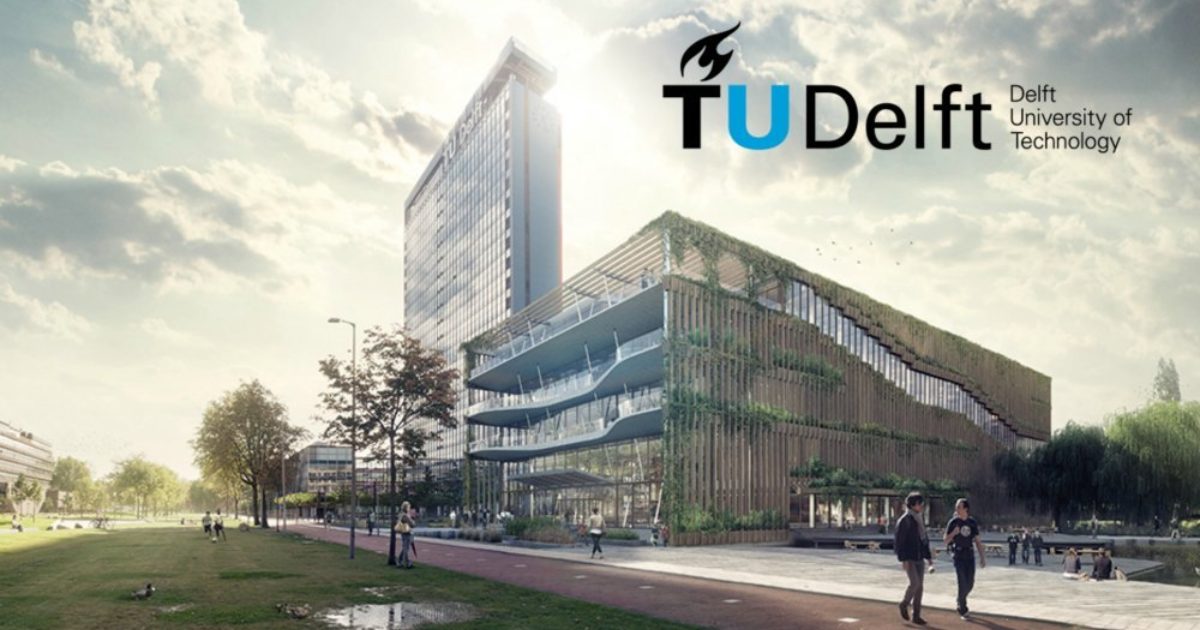TU Delft receives 40 million euros for research on innovative technologies in nine new Perspectief programmes
Nine consortia of researchers, companies, government bodies, and societal organisations have been awarded a total of almost 40 million euros to develop technological innovations targeting societal challenges. TU Delft is leader in three awarded consortia and participates in three other consortia, related to our societal themes Resilient Cities & Mobility, Health & Care and Climate & Energy.
TU Delft programmes awarded funding
Secure against water extremes
Future FRM Tech: Future Flood Risk Management Technologies for rivers and coasts
Programme leader: Prof. dr. ir. Bas Jonkman (Civil Engineering and Geosciences)
Large areas of the Netherlands are at risk of being flooded. It was only last year, 2021, that rivers in the province of Limburg overflowed. A rise in sea levels and weather extremes, caused by climate change, calls for new technical and nature-based solutions for flood risk management and climate adaptation. The Future FRM Tech programme develops flood resilient landscapes for rivers and estuaries as well as technical solutions for water barriers – explicitly addressing any legal, economic and governance aspects that may impede their practical use. Using case studies for the Lek and Geul rivers in the Zeeland province, the programme develops knowledge to ensure successful implementation in practice.
Read more about this research.
A sustainable accessible city, without private cars?
XCARCITY?
Programme leaders: Prof. dr. ir. Bart van Arem (Civil Engineering and Geosciences), Dr. Maaike Snelder (TNO/ Civil Engineering and Geosciences)
With housing density increasing, how can we keep our cities accessible? And how can we ensure that everyone can make use of smart, clean mobility solutions such as shared electric bikes? XCARCITY develops digital twins of low-car urban areas, based on measured and simulated mobility data of people and goods. The researchers apply these virtual models to test various scenarios and interventions for addressing specific problems in the cities of Almere, Amsterdam, and Rotterdam. The simulations serve as input for the decision-making process of government agencies, regional developers and transport operators when striving for clean, accessible mobility in their cities.
Read more about this research.
Watch the video Xcarcity.
Imaging at the smallest scales
3D Nanoscale Imaging (3DNI)
Programme leader: Prof. dr. Sjoerd Stallinga (Applied Sciences)
Developing new pharmaceuticals, understanding how cancer cells respond to chemotherapy, or building ever more powerful computer chips – all this, and more, requires imaging at the smallest possible scales. The 3DNI programme develops technology for super-fast 3D imaging of atoms, molecules, and cells. To achieve this goal, the researchers engineer novel light and electron microscopy technology. Combining these with computer algorithms and artificial intelligence unveils details smaller than the wavelength used for microscopy.

